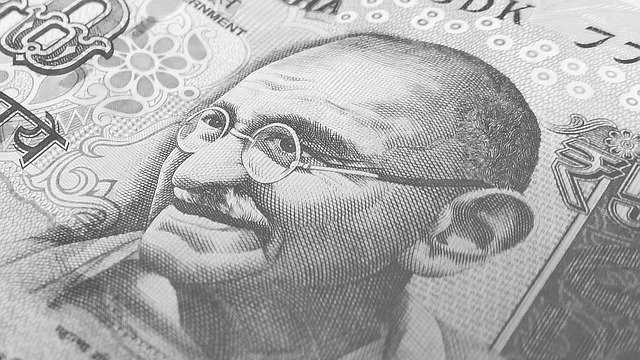The Indian Rupee (INR) is experiencing an upswing during Friday’s trading session, buoyed by a weakening US Dollar (USD) and significant portfolio inflows. Currently hovering near two-month highs, the INR benefits from increases in the Chinese Yuan and a shift in global monetary policy, particularly after the US Federal Reserve’s unexpected rate cut in September. This recent dollar sell-off is also attributed to large foreign banks conducting transactions for their custodial clients, further supporting the local currency.
Despite these positive signals, rising crude oil prices pose a potential challenge to the INR’s progress. As the third-largest oil consumer globally, India’s economic outlook can be significantly impacted by fluctuations in oil prices. Additionally, investors are keenly awaiting commentary from Philadelphia Fed President Patrick Harker, whose statements could influence market sentiment.
In a positive development for the Indian economy, the Reserve Bank of India (RBI) has reported an increase of USD 66 billion in foreign exchange reserves for 2024, bringing the total to USD 689.235 billion. This increase is seen as a reflection of favorable domestic economic conditions and adjustments in global monetary policy. Observers are particularly focused on how the RBI will respond to these trends, with analysts pinpointing 84 as a critical resistance level for the rupee and 83.50 as a strong support point.
In the US, economic data showed a decrease in weekly jobless claims, coming in at 219,000, lower than analysts expected. However, existing home sales fell by 2.5% in August, indicating potential weaknesses in the housing market. In contrast, manufacturing activity in the Philadelphia region showed unexpected resilience, with the manufacturing index rising to 1.7 in September.
Technically, the yield on the USD/INR pair is showing signs of a broader bearish trend. A downward movement below key resistance levels, coupled with a low Relative Strength Index, suggests that the INR may continue to strengthen if the current trends persist. Support levels to watch include 83.50 and 83.00, while immediate resistance is marked at 83.64.
